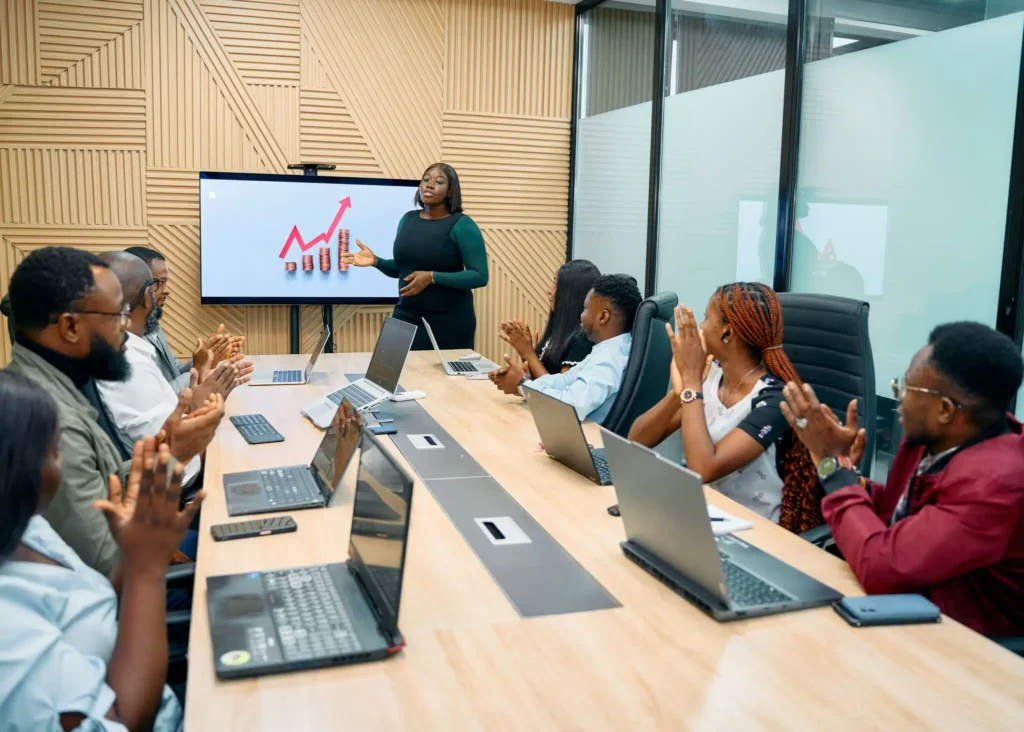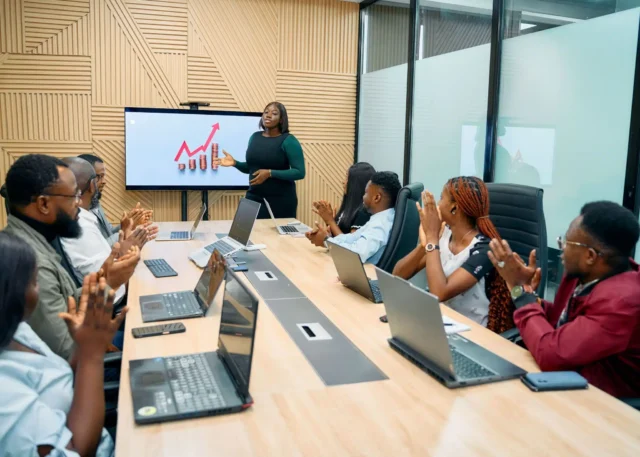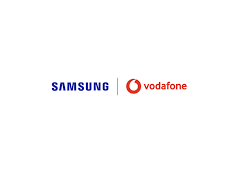In Lagos this week, the Independent Shareholders Association of Nigeria (ISAN), representing the voices of private sector investors, made a compelling case: for Nigeria to realise its ambition of becoming a US$1 trillion economy by 2030, better corporate governance and greater technological innovation must be at the heart of the push.
Held at the NECA House, Lagos, ISAN’s 8th Triennial Delegates Conference convened business leaders, regulators and shareholders under the theme: “Nigeria: Towards a US$1 Trillion Economy by 2030.” The message was unambiguous — dividends alone do not define shareholders’ role; real economic transformation will require active engagement, transparent leadership and digital evolution.
In his opening remarks, ISAN’s National Coordinator, Moses Igbrude, urged shareholders to adopt a mindset beyond passive ownership. “As shareholders, our responsibility goes beyond receiving dividends; we must contribute ideas and initiatives that promote a stable and prosperous economy,” he said. He also underlined the importance of transparency, accountability and ethics as critical enablers of national development.
Table of Contents

Governance & Insurance: Foundations for Economic Leap
One of the conference presentations addressed the vital role of the insurance sector in this growth story. Delivered by Ajibola Bankole, Director of Inspectorate at the National Insurance Commission (NAICOM), the paper titled “The Strategic Role of Insurance in National Development” raised a red-flag: Nigeria’s insurance penetration rate remains under one per cent of GDP. According to Bankole, this low level of uptake translates to weaker risk-management frameworks for business and households, ultimately hampering investment and confidence.
The upcoming Nigeria Insurance Industry Reform Act (NIIRA) 2025 was cited as a possible turning-point. If implemented properly, it should improve capital adequacy, strengthen governance and bolster consumer protection – all of which can fuel investor interest and, by extension, economic activity.
For shareholders and business owners alike, the invitation is clear: view insurance not as a cost, but as a strategic tool that strengthens the economic foundations of growth. Without the proper safeguards, the goal of a trillion-dollar economy risks being undermined by avoidable shocks and systemic vulnerabilities.

Tech, Cybersecurity & Digital Resilience in the Economy
The third pillar of the discussion turned to technology, specifically how digital security and innovative platforms will drive – or limit – Nigeria’s growth trajectory. Cybersecurity expert Martin Ikpehai presented on “Securing and Protecting the US$1 Trillion Economy Against Cyber Terrorism by 2030”, warning that digital threats are not just about data breaches – they are now simply synonyms for economic threats.
Ikpehai argued that as Nigeria seeks to move up the value-chain in manufacturing, services and the digital economy, cyber-vulnerabilities become strategic vulnerabilities: “digital resilience is now synonymous with economic resilience.” As such, investors, boardrooms and policymakers must embed cyber-risk mitigation into every stage of planning — from start-ups to large conglomerates.
The conversation on tech didn’t stay theoretical. Delegates spoke of harnessing fintech, artificial intelligence, automation and infrastructure to accelerate productivity, build new markets and engage younger generations. The alignment of governance, tech investment and stakeholder collaboration is viewed as the pathway to realising the US$1 trillion objective.
From Talk to Action: Moving the Needle Toward 2030
While the conference laid out a robust framework — governance, insurance, and technology — the real challenge is execution. Shareholders, regulators and businesses must translate these themes into action. This means:
- Enhanced Shareholder Engagement: Shareholders need to go beyond passive oversight, actively collaborating with company boards and management on strategy, risks and value-creation. As Igbrude noted, transforming the economy isn’t something shareholders watch from the sidelines — it’s something they drive.
- Reform in Key Sectors: With the insurance sector flagged as under-penetrated, and digital threats under-addressed, sectors that underpin the broader economy must be revitalised. The NIIRA 2025 offers a concrete legislative step; its success will depend on enforcement and stakeholder buy-in.
- Digital Infrastructure and Cyber-Resilience: Technology isn’t just an output of growth; it’s the enabler. Increased broadband, tech start-ups, digital platforms and strong cybersecurity frameworks will underpin productivity and innovation. Policymakers and investors alike must prioritise these investments.
- Cross-Stakeholder Collaboration: The conference brought regulators, investors and business together because no single player can deliver a US$1 trillion economy in isolation. Partnerships — public-private, domestic-international — will be key.
Attending the event felt to me like soaking in a huge collective energy — the sense that Nigeria is poised at a critical junction. The ambition is bold; the tools are there, but the coordination and discipline will determine whether 2030 becomes a milestone or a missed target.
As one delegate remarked during a break: “We’ve talked about goals for decades – now we need shareholders to act like builders, not just owners.”

Conclusion
The path to a US$1 trillion economy for Nigeria is ambitious but plausible — if the right levers are pulled. By positioning shareholders as active agents of change, emphasising strong governance, deepening insurance frameworks and embracing technology with cyber-resilience at its core, there is a credible blueprint for growth.
In the next five years, the question won’t simply be “Are we aiming for a trillion”? but “Are we investing, governing and innovating in ways that make it real?” For shareholders, regulators and business leaders, the time to transition from talk to tangible steps is now.
Join Our Social Media Channels:
WhatsApp: NaijaEyes
Facebook: NaijaEyes
Twitter: NaijaEyes
Instagram: NaijaEyes
TikTok: NaijaEyes





